
Everyone's seen someone walk, or at least talk in the sleep. It is a curious thing that a person's activity during sleep – such as walking or talking – is completely erased from his or her memory in the morning. This may well be one of the reasons many who are drawn to studying this behavior, choose to.
What are the indicators of RMD activity?
Rhythmic Movement Disorder, a.k.a. RMD, refers to any type of movement performed in one's sleep. It is most common to occur in toddlers and infants. It normally occurs at the threshold of sleep and may involve body movement or vocal activity (the loudness may vary). The three types of RMD are as follow:
body rolling and/or rocking
head banging
head rolling
Others may include:
head movements backwards/forwards
head movement from side to side, while on one's back
rocking of the entire body while on one's hands and knees
rocking the upper body whilst sitting
rocking of the body and gently hitting it against an object or a wall while in standing position
banging the head against a wall or an object, etc.
Various combinations of the previously mentioned may vary.
Now that we've got the obvious stuff out of the way, it would be nice to focus on the reasons why RMD occurs in adults as well.
Why does RMD occur in adults?
Well, one of the reasons behind this is that the person may not have received enough physical contact during infantry and early childhood. Since nobody has really pinned down a particular cause or list of them, other presumed causes may be:
autism or
hyperactivity.
Many adults tend to rock themselves into sleep, and this is because it reminds them of the rocking motion their mothers used to make while putting them to sleep – so it all kind of makes sense in a way.
Is there a treatment?
The only known treatment to RMD so far is: time. It is expected that a child should lose one's RMD habit by the age of five.
Not even if it resumes into adulthood?
Nope. In case it resumes into adulthood it may even prove a problem which may interfere with everyday social events. There is no specific time when RMD may occur during sleep, just as the rates of activity may vary.


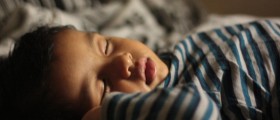


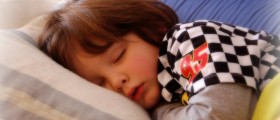


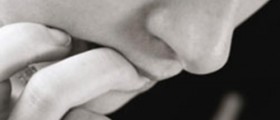
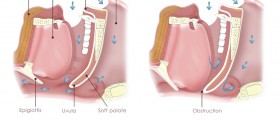
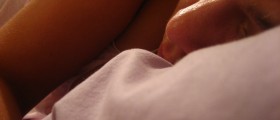
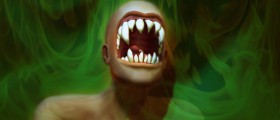

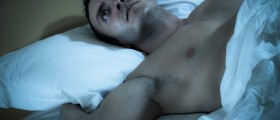
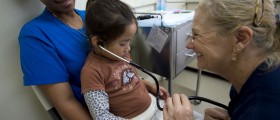
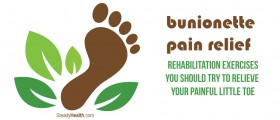

Your thoughts on this
Loading...